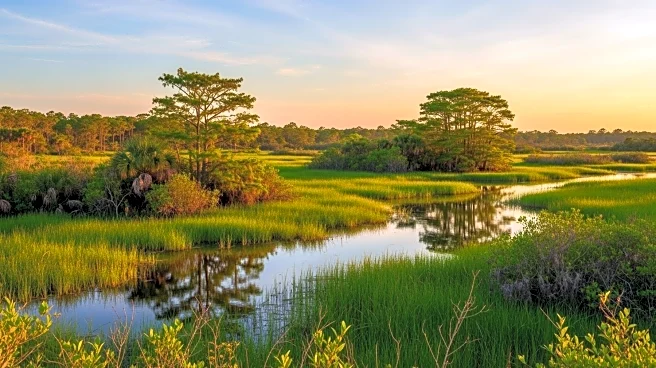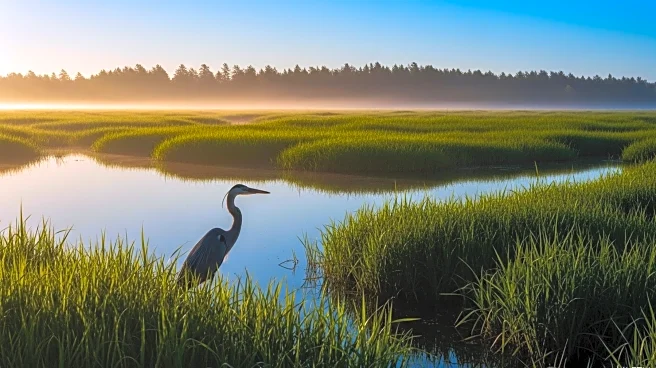The Everglades is a vast and unique wetland ecosystem located in Florida, known for its rich biodiversity and environmental significance. It has been a focal point for conservation efforts since the establishment of
Everglades National Park in 1947. The park was created to protect the fragile ecosystem from human encroachment and environmental degradation. Over the years, the Everglades has become a symbol of the struggle to balance human development with environmental preservation.
Scope of Legacy
The Everglades' legacy is deeply rooted in its role as a critical habitat for numerous species, including the endangered Florida panther, the American
crocodile, and the West Indian manatee. It serves as a vital water source for South Florida and plays a significant role in the region's climate regulation. The Everglades' unique landscape, characterized by sawgrass marshes, mangrove forests, and cypress swamps, has inspired countless conservationists and environmentalists to advocate for its protection.
Pivotal Contributions
One of the most significant contributions of the
Everglades is its role in biodiversity conservation. The park provides a sanctuary for a wide array of plant and animal species, many of which are found nowhere else on Earth. Additionally, the Everglades has been a testing ground for innovative conservation strategies, such as the Comprehensive Everglades Restoration Plan, which aims to restore natural water flow and improve water quality.
Enduring Influence
The Everglades has had
a lasting influence on environmental policy and conservation practices in the United States. It has been a catalyst for the development of national and international conservation initiatives, highlighting the importance of preserving natural ecosystems. The park's challenges, such as water management and invasive species control, have informed broader environmental strategies and policies.
U.S. Relevance
For U.S.
audiences, the Everglades represents a critical case study in environmental conservation and management. It underscores the importance of protecting natural resources and the challenges associated with balancing ecological preservation with human development. The Everglades' ongoing restoration efforts serve as a model for other conservation projects across the country, emphasizing the need for collaborative and sustained action to protect the nation's natural heritage.

 Discover Daily
Discover Daily 












